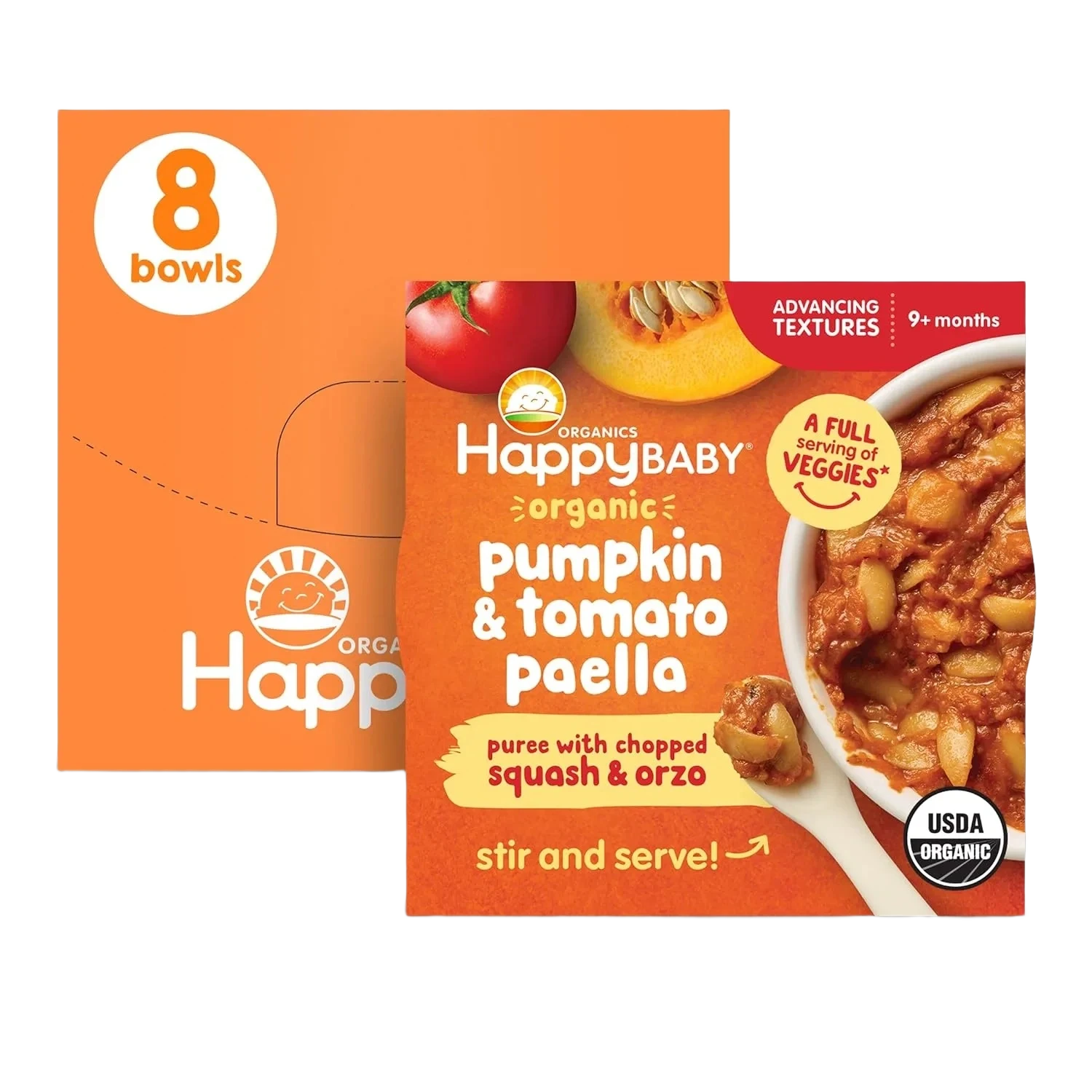HappyBABY organic pumpkin & tomato paella
baby food • For 2-5 year old children • Consumable 🍝
Product Images
Product Photo

Tap to enlarge
Ingredient List

Tap to enlarge
Safe for preschoolers to eat HappyBABY organic pumpkin & tomato paella?
Check for Different Age (6 available)
Ingredients Analysis (14 found)














Common Questions About HappyBABY organic pumpkin & tomato paella
Preschooler-safe? HappyBABY organic pumpkin & tomato paella
Yes, HappyBABY organic pumpkin & tomato paella is generally considered safe for 2-5 year old children based on ingredient analysis.
What ingredients should I watch out for?
We analyzed 14 ingredients in HappyBABY organic pumpkin & tomato paella. 14 safe. Check the detailed analysis above for specific concerns.
Is this suitable for preschoolers to eating baby food?
The appropriate age depends on the specific ingredients. This analysis is for 2-5 year old children. Use the age selector above to check other ages.
⚠️ Important Disclaimers
Product Recognition: Product names are identified programatically and may be incorrect. Always verify product identity yourself.
Safety Analysis: Evaluations are for research only - consult pediatricians for medical decisions. Do not rely solely on this analysis.
No Guarantees: Results may be incomplete or inaccurate. Do not rely solely on this analysis.